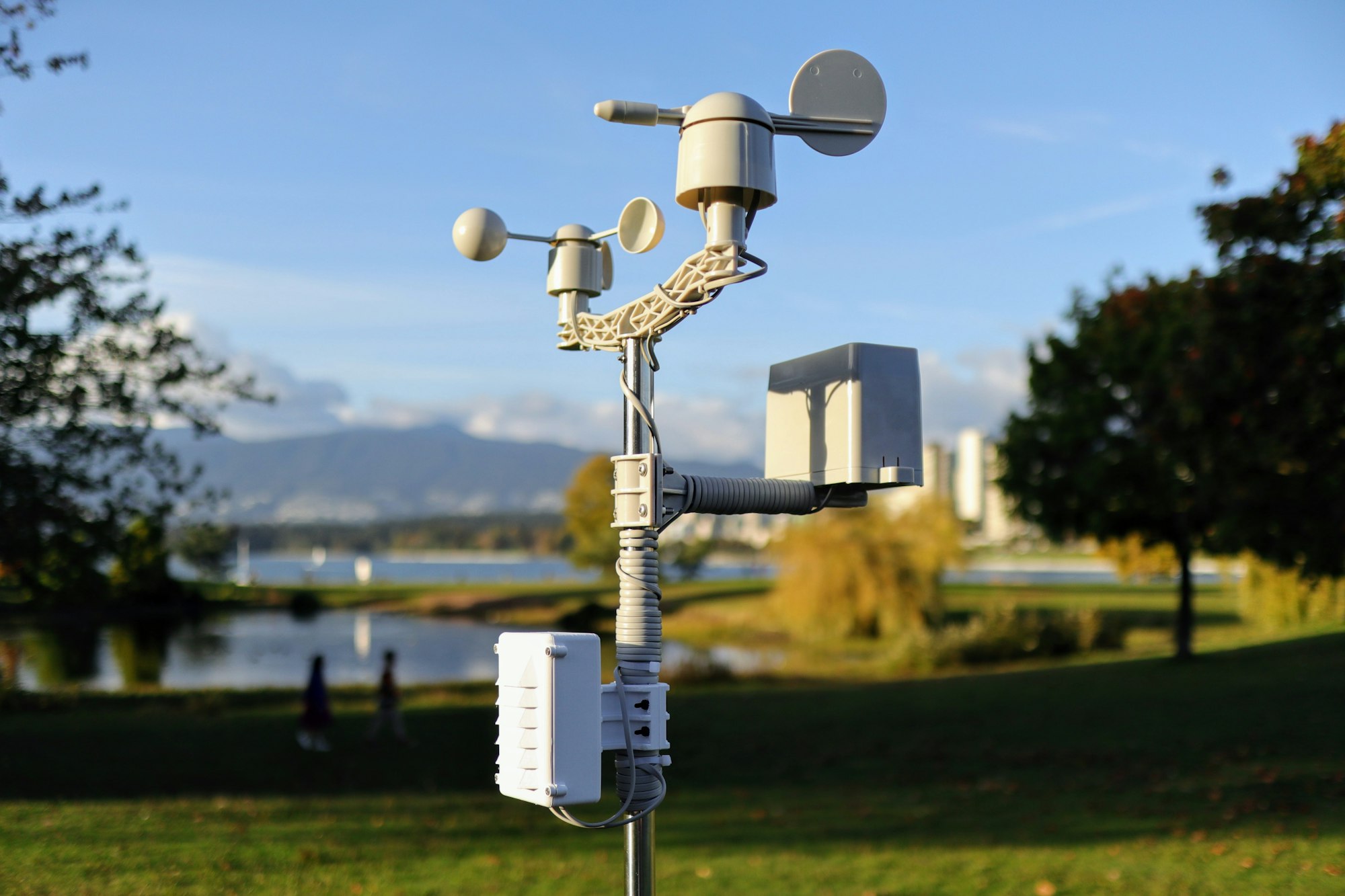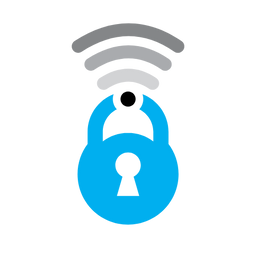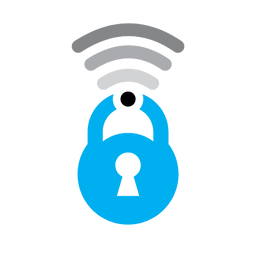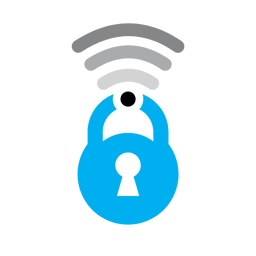When Smart Meters Turn Into Spy Tools: How California's Utilities Are Quietly Building a Surveillance State

Sacramento's public utility has been secretly feeding police detailed home electricity data for over a decade, sweeping up more than 33,000 households without warrants and disproportionately targeting Asian American communities. And they're not alone.
The Digital Dragnet Hidden in Plain Sight
In homes across Sacramento, small electronic devices mounted on exterior walls are silently collecting intimate details about their occupants' daily lives. Every 15 minutes, these "smart meters" transmit data revealing when people wake up, when they leave for work, what appliances they're using, and whether anyone is home.
For more than a decade, the Sacramento Municipal Utility District (SMUD) has been searching through all of its customers' energy data, and passed on more than 33,000 tips about supposedly 'high' usage households to police — all without warrants, court orders, or any suspicion of wrongdoing by specific individuals.
In July 2023 alone, SMUD sent data on over 10,000 customers to law enforcement. After police narrowed the massive list, a SMUD analyst still had "4,800 locations left…to check patterns on" according to internal records. Of those thousands of flagged homes, just four homes were flagged as having possible "pattern usage" of electricity.
This isn't targeted law enforcement — it's mass surveillance masquerading as public safety.

The Human Cost of Automated Suspicion
Alfonso Nguyen learned about SMUD's surveillance program the hard way. The adjunct counselor at Cosumnes River College, who immigrated from Vietnam and has owned his Sacramento County home since 2001, was visited twice by sheriff's deputies who accused him of growing marijuana based solely on his electricity usage.
The reason for Nguyen's "suspicious" energy consumption? He has a spinal injury and requires an electric wheelchair that he charges at home. When deputies arrived the second time demanding entry, one deputy put his hand over his holstered gun, as if preparing to draw it. The deputy yelled at Nguyen, called him a liar, and threatened to return with a warrant and arrest him.
Brian Decker faced an even more traumatic encounter. He was forcibly removed from his home at gunpoint, in his underwear, after SMUD flagged his overnight usage pattern. He was not growing marijuana; he was mining cryptocurrency.
These aren't isolated incidents. SMUD has evidence shows SMUD is also sharing customer data with the Sacramento County Sheriff's Office and three other city police departments, creating a regional surveillance network that treats every utility customer as a potential suspect.
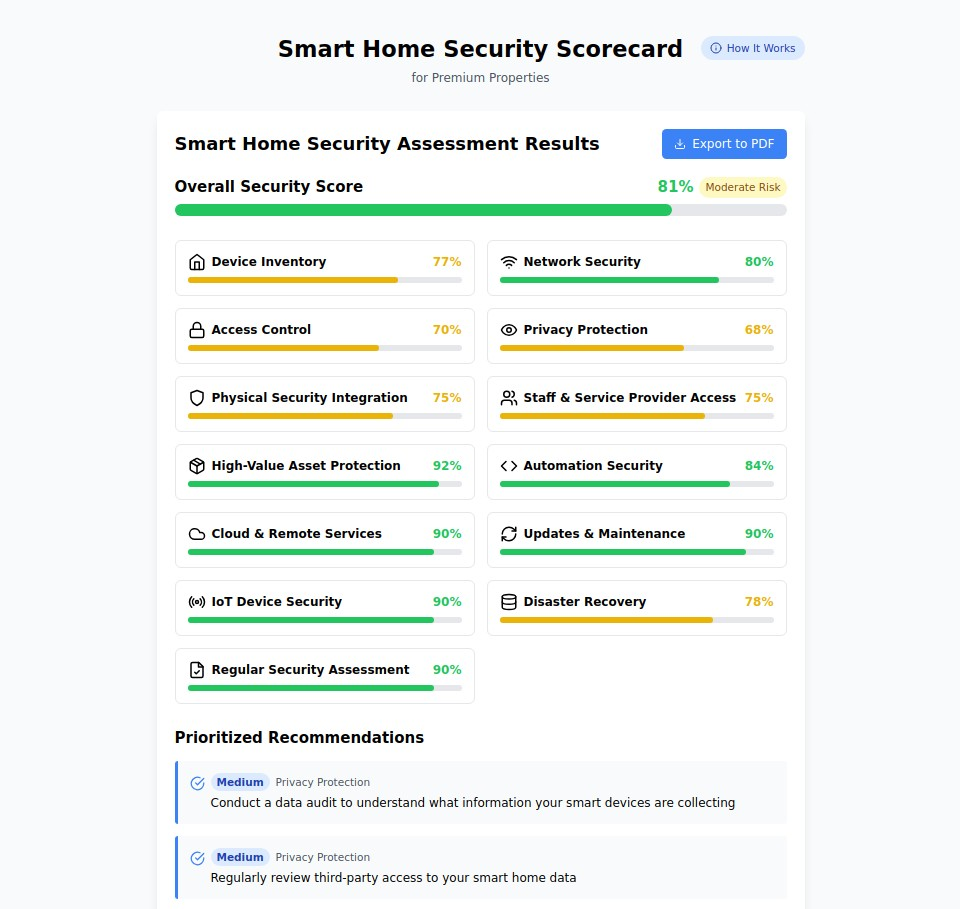
The Shrinking Threshold of Suspicion
What makes someone "suspicious" enough to trigger a police visit? The answer reveals how arbitrary this surveillance has become.
A decade ago, SMUD flagged customers using at least 7,000 kilowatt hours per month. Now, the evidence shows, SMUD and Sacramento police are flagging people using just 2,800 kilowatt hours per month — a threshold so low that even SMUD's own employees exceed it.
One analyst admitted, "I used 3500 [kWh] last month" himself; well above the current 2,800 kWh threshold for suspicion. Another wrote in an internal email that the threshold being used was "scraping the bottom of the barrel".
To put this in perspective, while a typical household might use less than 1,500 kilowatt hours of electricity in a month, the suit says the utility would disclose homes using more than 3,000 kWhs. This means families running medical equipment, electric vehicles, home offices, or simply larger households can easily find themselves under police scrutiny.
The Racial Targeting Hidden in the Data
Perhaps most disturbing is the evidence of deliberate racial profiling embedded in SMUD's surveillance program. About 86 percent of those penalties were levied upon people of Asian descent from a program that generated nearly $100 million in fines in just two years for Sacramento.
The targeting appears to be intentional. The complaint details how a SMUD analyst who provided data to police excluded homes in a predominantly white neighborhood, as well as how one police architect of Sacramento's program removed non-Asian names on a SMUD list and sent only Asian-sounding names onward for further investigation.
Internal communications obtained through the lawsuit reveal the explicit nature of this profiling. "Send me a request for [two particular addresses]. One is 10k plus, and the other is 4k, Asian," read one SMUD analyst's text to police. Another stated, "interesting thing about the [address] is the multiple Asians that have reported there through Experian in 2017".
"86% of assessments done by Sacramento Police were against Asians between 2017 and 2019, even though Asians represent only 18% of Sacramento residents," according to The Sacramento Bee.

A Surveillance State Built on Smart Infrastructure
SMUD's program represents a broader transformation of everyday infrastructure into surveillance tools. SMUD's so-called "smart meters," installed in nearly every home it serves, transmit power usage in 15-minute intervals to the utility multiple times per day.
This data, the lawsuit argues, offers a detailed portrait of home life, including sleep patterns, occupancy, and even personal routines. "SMUD analysts can, in effect, use the data to digitally peer into a person's home," the brief explains.
Unlike traditional monthly meter readings, smart meters create what privacy experts call "load signatures" — unique patterns that can identify specific appliances and reveal intimate details about household activities. Electrical appliances such as refrigerators and air conditioners can be identified by their load signatures to perform legal and illegal real-time surveillance.
The privacy implications extend far beyond cannabis enforcement. Eavesdroppers can monitor power usage and make inferences about what you are doing at home or whether you are at home or not, even when your home is vacant for long periods of time. They can predict with a high probability even what program is being shown on the TV by comparing fine-grained power consumption data with a fingerprint power consumption value for each individual frame.
The Bigger Picture: PG&E and Palantir
Sacramento's surveillance program may be just the tip of the iceberg. Pacific Gas & Electric (PG&E), California's largest investor-owned utility serving 5.2 million households in the northern two-thirds of California, from Bakersfield and northern Santa Barbara County, to the Oregon and Nevada state lines, has partnered with surveillance technology giant Palantir Technologies.
PG&E has initiated deployment of Palantir's Foundry software to provide a single, integrated platform to give decision-makers a real-time, complete operational picture. While PG&E frames this partnership in terms of grid safety and wildfire prevention, Palantir's track record raises serious concerns about surveillance capabilities.
Palantir's original clients were federal agencies of the USIC. It has since expanded its customer base to serve both international, state, and local governments, and also private companies. The company has been criticized for its role in expanding government surveillance using artificial intelligence and facial recognition software.
The company has a documented history of surveillance partnerships with law enforcement. Palantir has also been reported to be working with various U.S. police departments, for example accepting a contract in 2013 to help the Northern California Regional Intelligence Center build a controversial license plates database for California.

Legal Violations and Constitutional Concerns
The Electronic Frontier Foundation, representing the Asian American Liberation Network and affected customers in their lawsuit against SMUD, argues that the utility's data-sharing program violates multiple laws.
California's state constitution bars unreasonable searches. This type of dragnet surveillance — suspicionless searches of entire zip codes worth of customer energy data — is inherently unreasonable. Additionally, a state statute generally prohibits public utilities from sharing such data.
California's Public Utilities Code is explicit: "A local publicly owned electric utility shall not share, disclose, or otherwise make accessible to any third party a customer's electrical consumption data…except as provided…or upon consent of the customer".
The consent argument is particularly weak. SMUD's so-called "Privacy Policy," buried in a website footer, does not provide customers any genuine opportunity to approve or reject surveillance. "There is no mechanism by which a customer can give or refuse consent…it is a non-conspicuous link at the bottom of SMUD's website," the brief says.
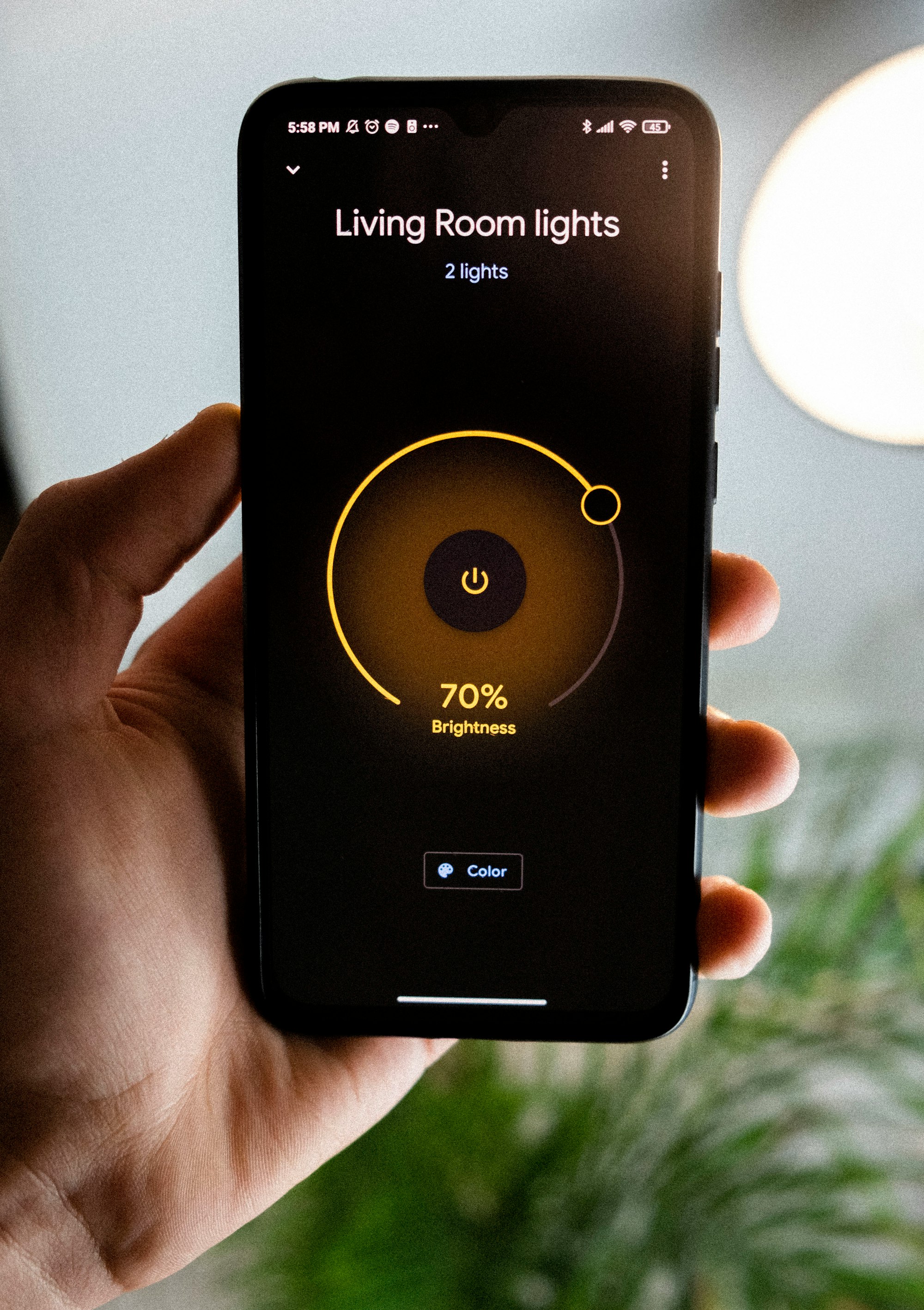
The Broader Implications
SMUD's surveillance program reveals how easily public utilities can transform essential infrastructure into tools of social control. The same smart grid technology promoted for environmental benefits and grid modernization can just as easily enable mass surveillance of private homes.
The program's effectiveness is questionable at best. Out of that list, just four homes were flagged as having possible "pattern usage" of electricity, raising serious concerns about the indiscriminate scope of the surveillance from the 4,800 homes that were investigated in detail.
Meanwhile, the human costs are severe. Families using medical equipment, electric vehicles, or simply more electricity than arbitrary thresholds find themselves subjected to aggressive police investigations. The racial profiling component adds another layer of civil rights violations that disproportionately harms already vulnerable communities.
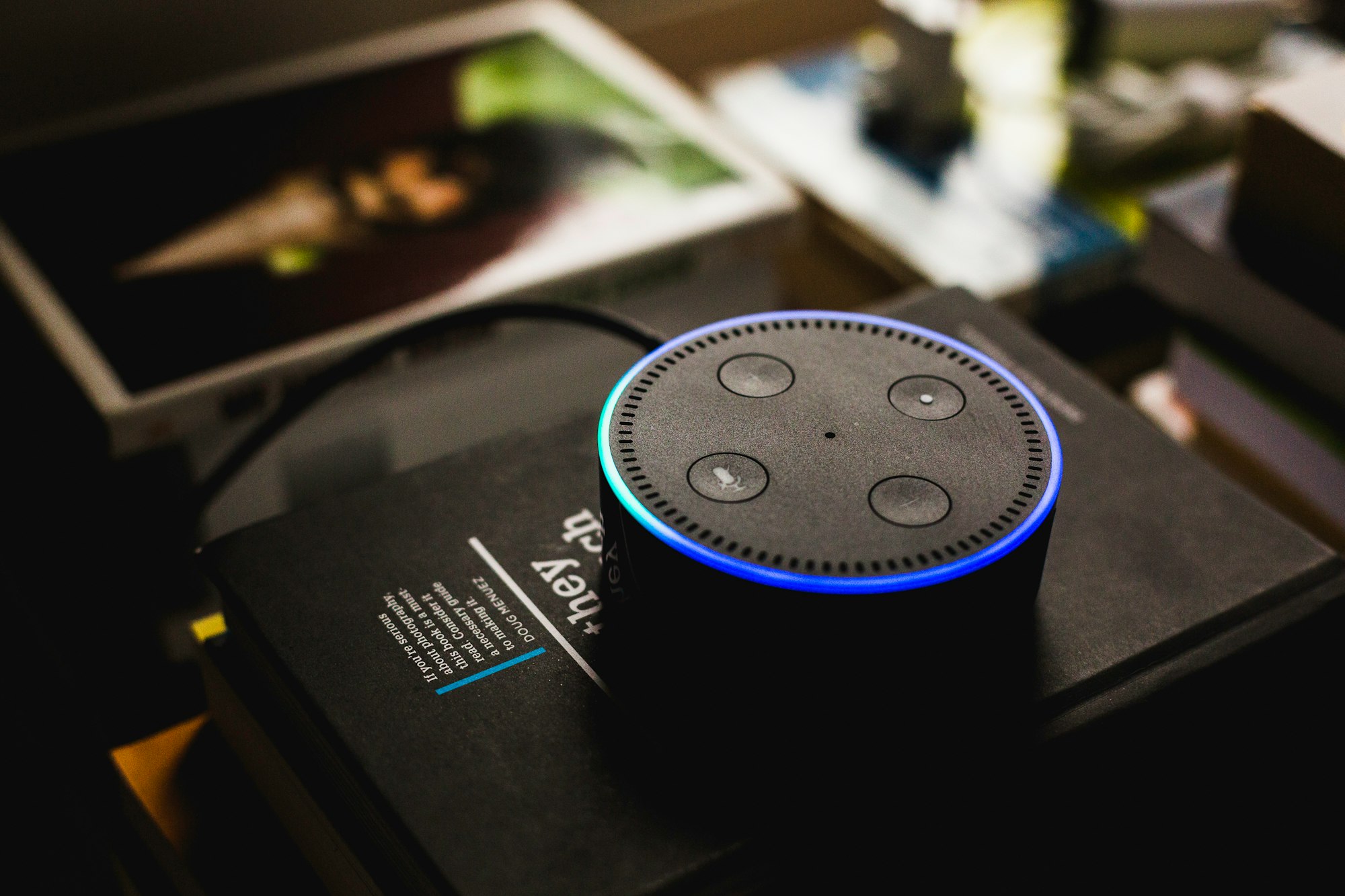
What's at Stake
As smart meter deployments accelerate across California and the nation, SMUD's program represents a critical test case for digital privacy rights. If utilities can transform every home's electricity meter into a surveillance device, the concept of private space begins to erode.
Mass surveillance violates the privacy of many individuals, as police without individualized suspicion seek (possibly non-existent) evidence of some kind of offense by some unknown person. As we've seen time and time again, innocent people inevitably get caught in the dragnet.
The case is now before the courts, with the Electronic Frontier Foundation seeking to permanently bar SMUD and Sacramento Police from engaging in this mass data mining. "The whole exercise is the digital equivalent of a door-to-door search of an entire city," the brief states. "The Court should stop this rogue and unreasonable dragnet".
For California residents served by utilities with smart meters — which now includes the vast majority of households — the outcome of this case will determine whether their homes remain private spaces or become nodes in a utility-powered surveillance network.
The question isn't whether someone has something to hide. The question is whether public utilities should have the power to turn every home's electricity meter into a government spy device, automatically flagging families for police investigation based on how much power they use to live their daily lives.
In Sacramento, that future has already arrived. The only question now is whether the courts will allow it to spread.
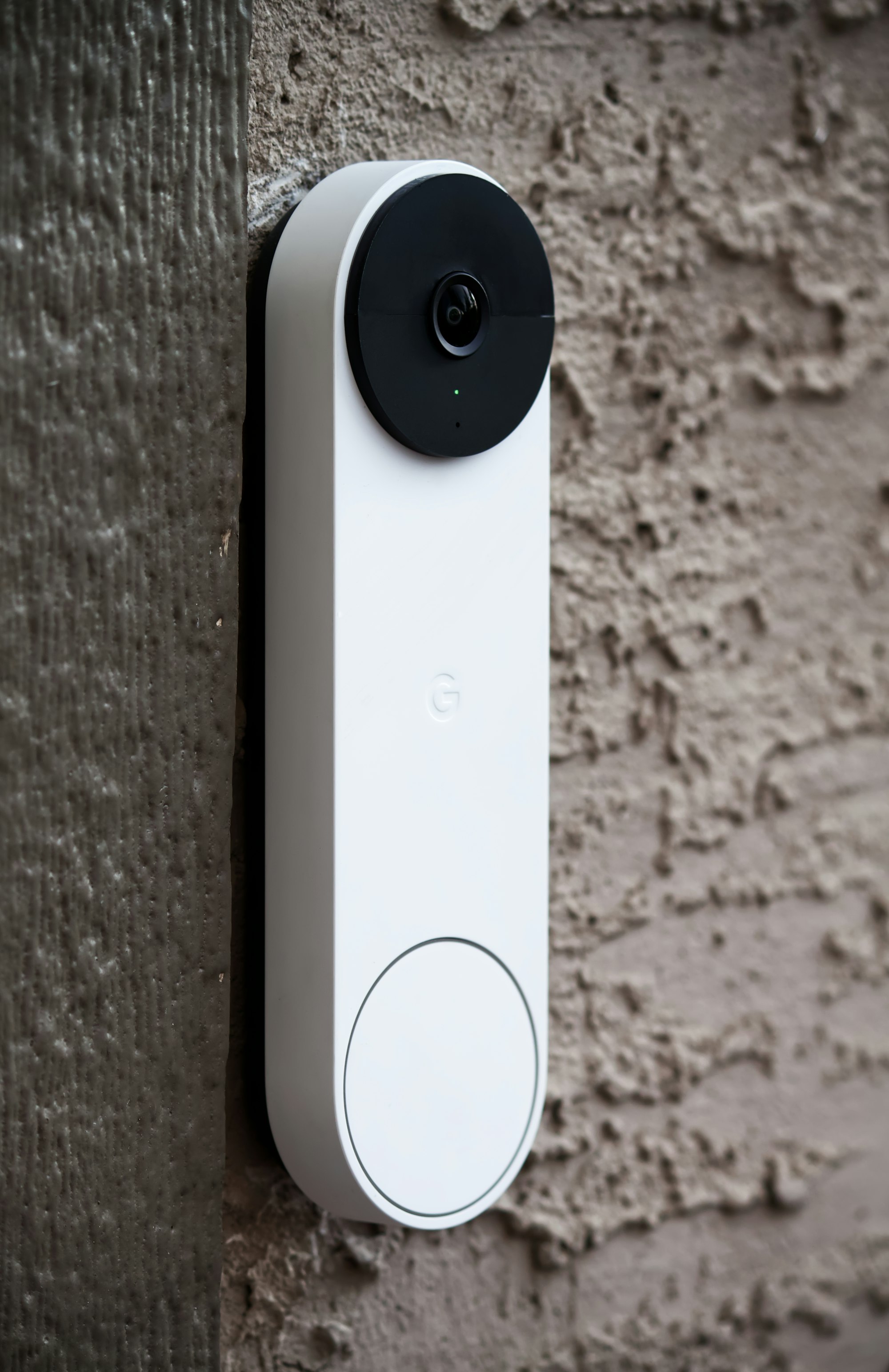
This article is based on court documents, internal communications, and evidence filed in the ongoing lawsuit Asian American Liberation Network v. SMUD, et al., as well as public statements from the Sacramento Municipal Utility District and the Electronic Frontier Foundation.
